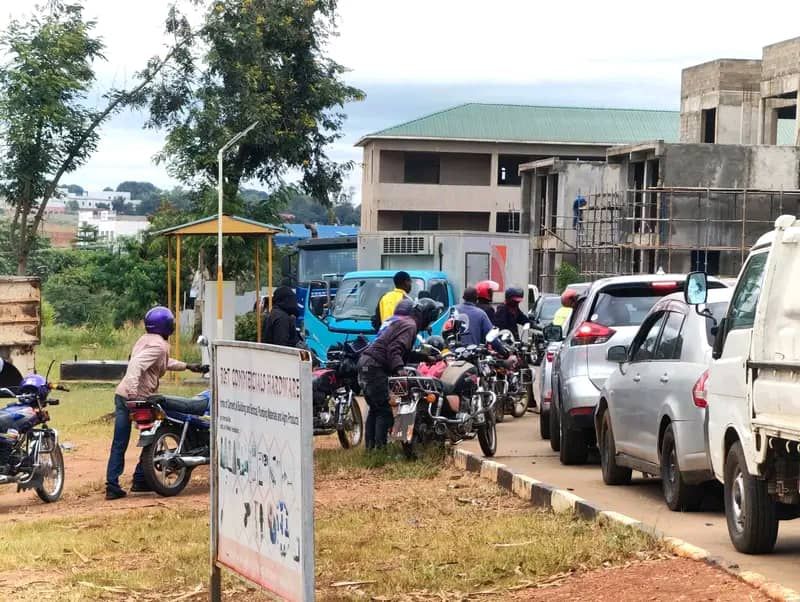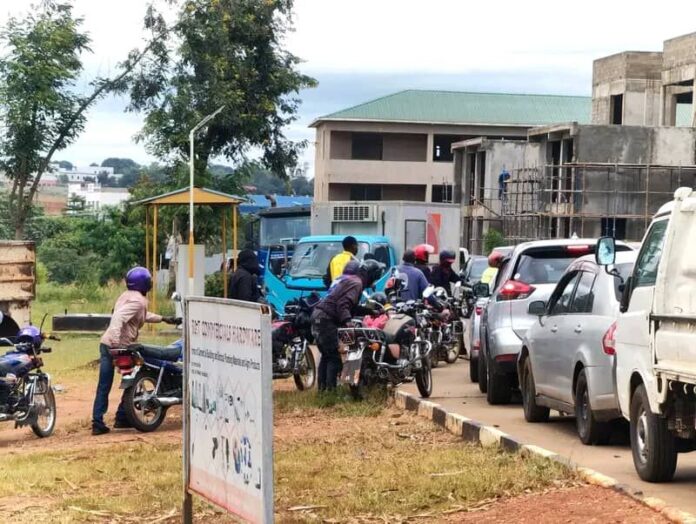By Burnett Munthali
In Malawi, a growing concern over the persistent fuel shortages is casting a dark shadow on the nation’s economic prospects.
Citizens like Luka MacLoud from Lilongwe are struggling to make ends meet, with many unable to support their families due to the rising costs of fuel.
MacLoud, along with over ten others, lamented that despite the country’s foreign earnings from tobacco exports, fuel scarcity remains a major stumbling block.

The situation is creating a ripple effect across various sectors, from transport to agriculture, leaving many businesses in jeopardy.
Isaac Cheke Ziba, a local commentator, stressed the urgent need for sustainable solutions to address this challenge.
He suggested that the government should convene meetings with stakeholders to find lasting solutions to the fuel crisis.
Malawi’s economic stability, he argued, depends on addressing these critical issues.
The country, rich in natural resources and foreign trade opportunities, should not be left vulnerable to fuel supply disruptions.
The government’s focus on boosting economic recovery must include addressing these logistical constraints that hinder economic activities.
With fuel shortages putting a strain on everyday life, citizens are left wondering whether the country’s economic growth will ever reach its full potential.
Now is the time for bold decisions to pave the way for a future where fuel scarcity does not dictate the success of Malawi’s economy.



